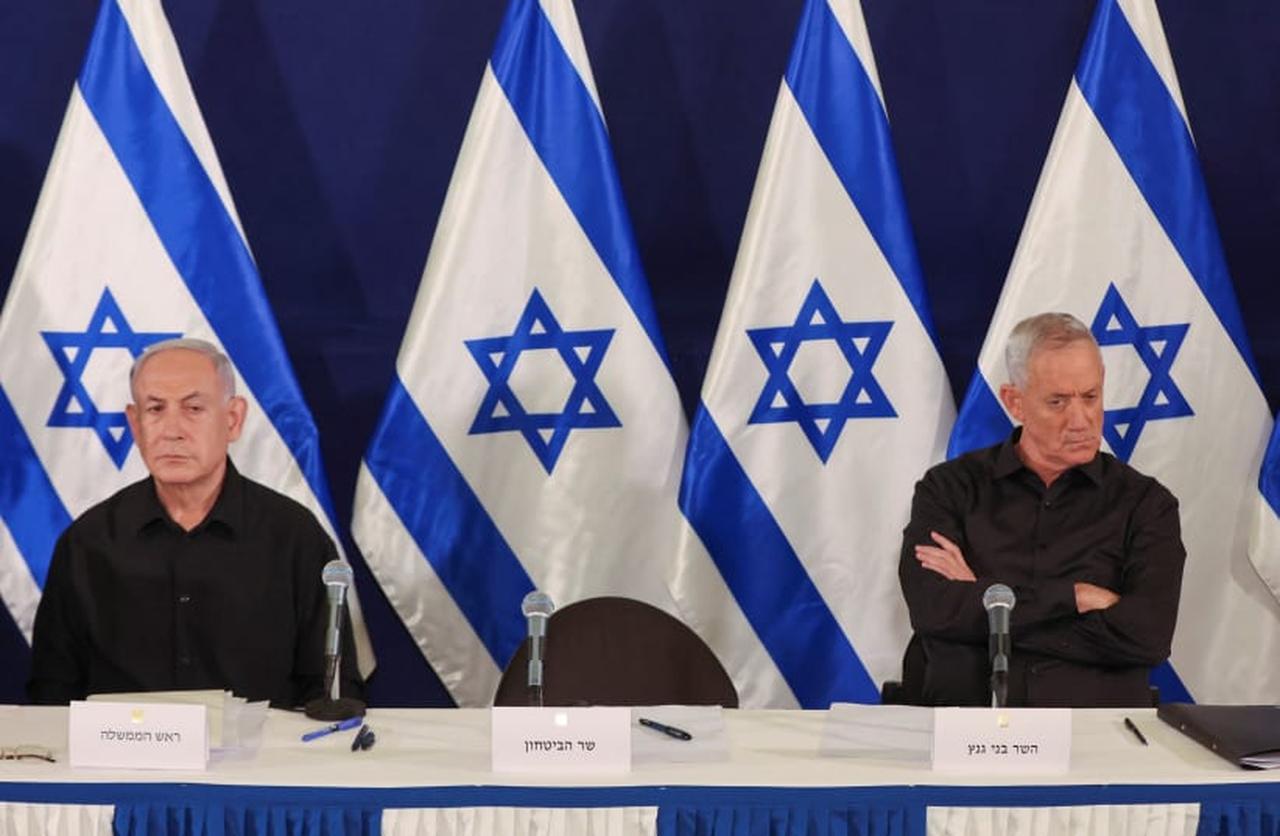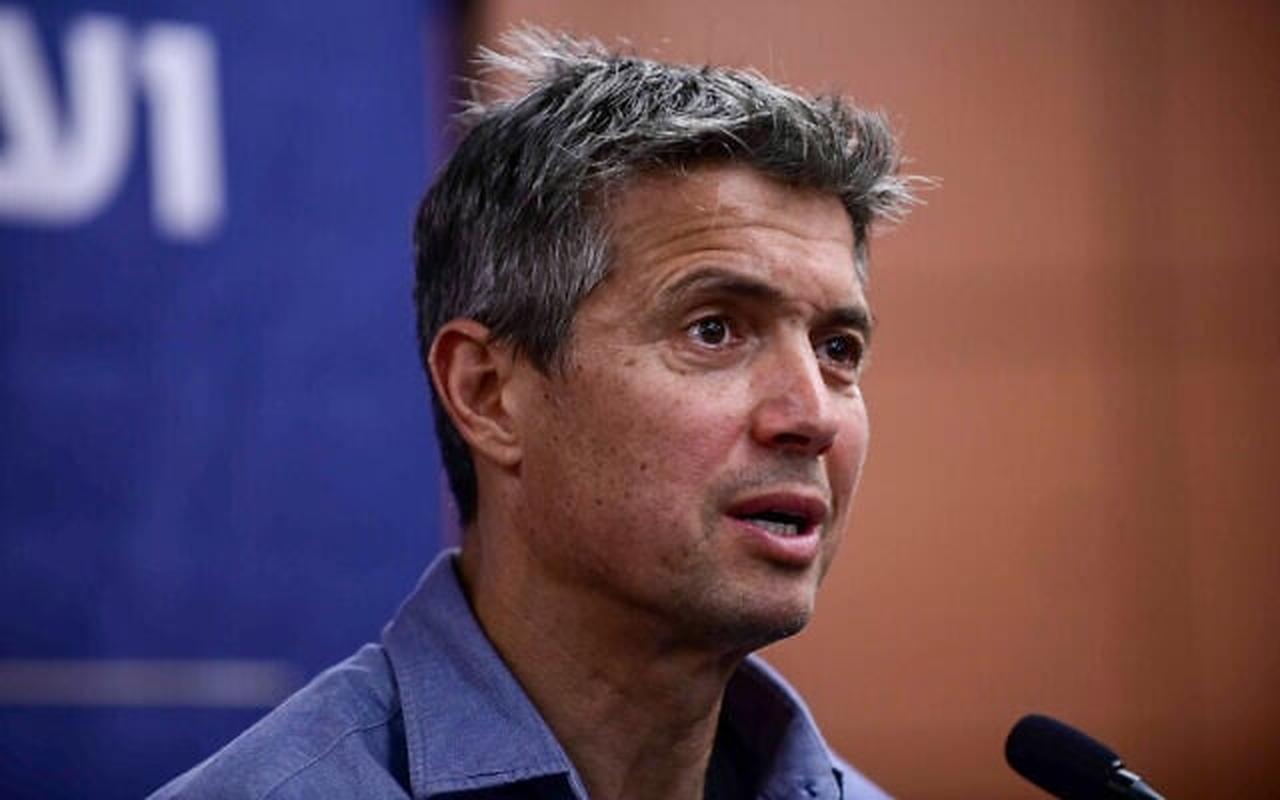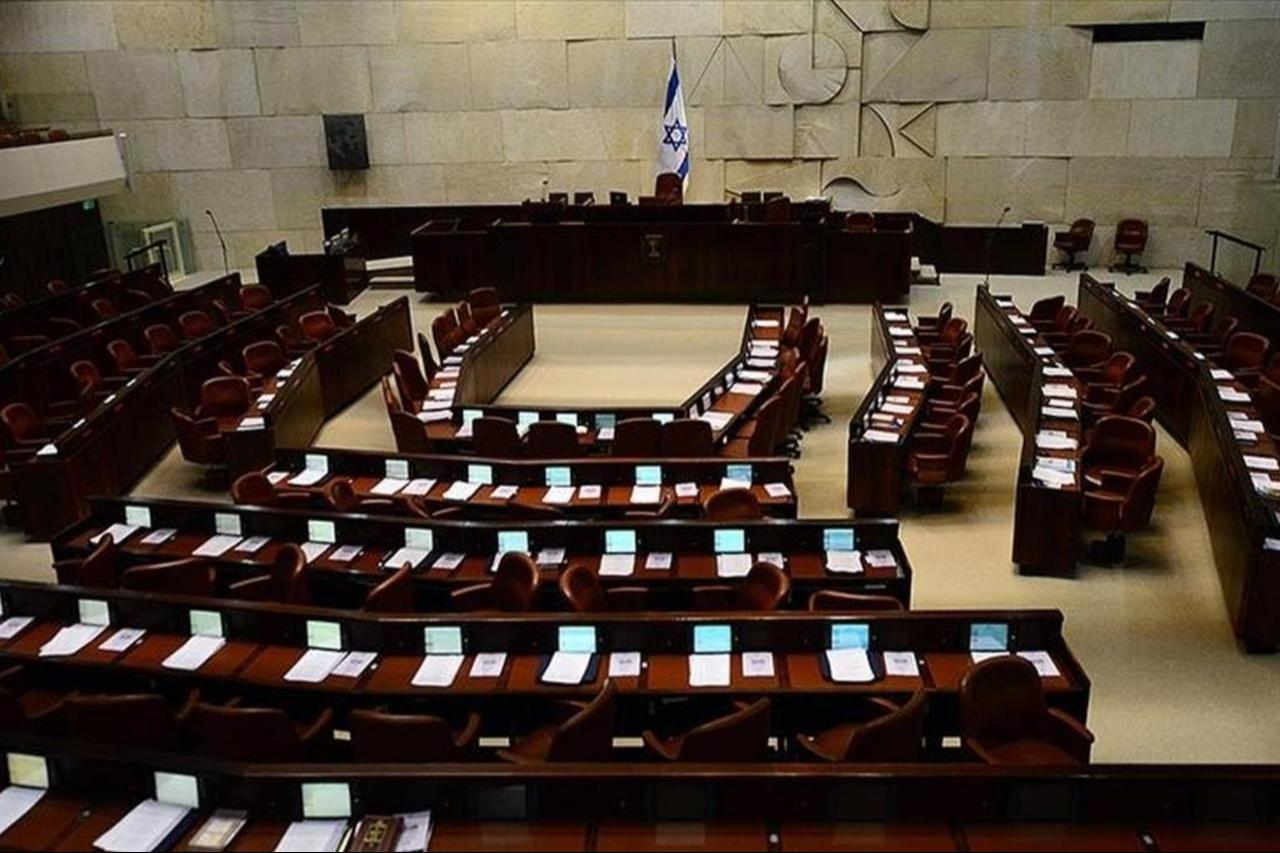
A new survey released Friday indicates that Prime Minister Benjamin Netanyahu’s Likud party is consolidating its position in Israel, while Benny Gantz’s Blue and White party has fallen below the electoral threshold, raising questions about the future of centrist opposition.
The Lazar Institute poll, conducted for Ma’ariv, shows Likud gaining one seat, bringing the party to 26 in the 120-member Knesset. Likud, Israel’s major right-wing nationalist party founded in 1973, has long dominated the political landscape under Netanyahu’s leadership.
The party’s platform emphasizes strong security policies, skepticism toward a Palestinian state, free-market economics, and the expansion of Jewish settlements. Netanyahu has served multiple terms as prime minister since 1996, making him Israel’s longest-serving leader.

Blue and White (Kahol Lavan), led by former army chief Benny Gantz, has seen its political influence wane. Founded in 2019 as a centrist alternative, the party advocates a strong security stance paired with diplomacy, supports a two-state solution, and emphasizes anti-corruption and secular values.
The latest poll places Blue and White below the 3.25% electoral threshold, preventing it from entering the Knesset. “Failing to pass the threshold signals a significant decline in Gantz’s political influence,” analysts said.

Yoaz Hendel’s newly formed Reservists Party, inspired by former army reservists and advocating nationalist and security-oriented policies, secured only four seats in the survey. This represents a sharp decline from earlier projections of eight seats, highlighting challenges for new, smaller parties in Israel’s highly fragmented political system.

Parties failing to cross the threshold include Blue and White, Religious Zionism, and Balad.
The poll underscores Likud’s continued dominance and the weakening of centrist and left-leaning forces. Political analysts note that the decline of Gantz and other centrist figures reflects a broader trend toward right-wing consolidation in Israel, particularly as security concerns in Gaza and Iran remain top priorities for voters.